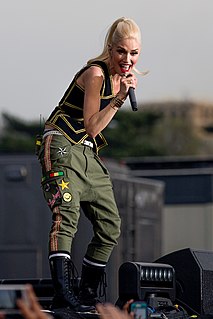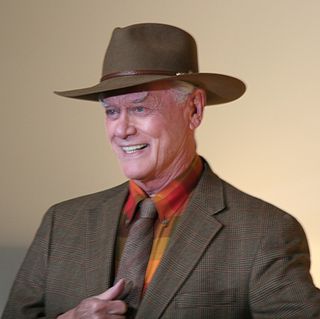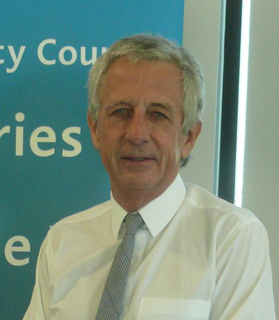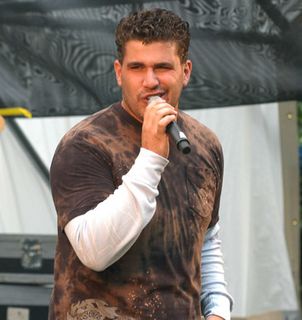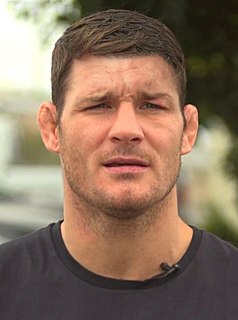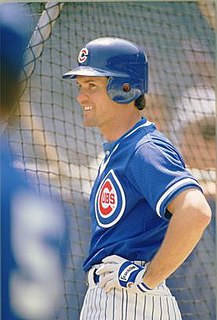A Quote by Adam Carolla
I'd be at someone's house or be up on the roof all day and I'd get lonely - stir crazy - and talk radio became this soothing voice in my life. But the idea that I was making $10 an hour and stacking drywall while these guys were making a few hundred thousand, and they were having a party, and there were Playmates and there were good times, I just couldn't imagine it.
Related Quotes
From up above, in a plane passing over, you’d just see one little light in all this dark, with no idea of the lives that were being lived within it, and in the house beside, and beside that one. So much happening in the world, night and day, hour by hour. It was no wonder we were meant to sleep, if only to check out of it for a little while.
At that time, 73 and 74, I became aware that there were a number of us making instruments. Max Eastley was a good friend and he was making instruments, Paul Burwell and I were making instruments, Evan Parker was making instruments, and we knew Hugh Davies, who was a real pioneer of these amplified instruments.
Gareth [Edwards] was very much about including everyone in what we were making, so he would cut together different scenes to show us what we were making. And the crew, cast, everyone would go into a theater there at Pinewood Studios and watch 10 minutes of what we were making. It was always so exciting. It looked amazing, and the music was huge.
When we started on 'Coraline,' there was a whole host of things that we had no idea how we were going to do. Because we were making films in a way that had never really been done before, we were taking this hundred-year-old art form and bringing it into a new era by embracing technology and innovation.
Pretty early on in making the first movie I realized that this is what I wanted to do. I felt like by that time I just found my niche, like this is what I was supposed to be doing. So I completely submerged myself into the world of watching movies, making my own movies, buying video cameras and lights. When I wasn't making a movie, I was making my own movies. When I wasn't making movies, I was watching movies. I was going back and studying film and looking back at guys that were perceived as great guys that I can identify with. It just became my life.
'The Sandberg Game' comes up all the time. Fans tell me where they were. They were driving down the highway, they were in the bleachers, they were downtown listening on the radio, they were on the farm on a tractor. I've heard all the stories where people have been. They're just amazed by the ending of the game and the thrill of it.
The first comedians I became fascinated with were the Marx brothers. I couldn't get enough of them. Later in life, I thought, "Well, maybe it's because they were so rebellious and they were just flipping the bird to society and all the rules we're supposed to follow." They were saying that none of it is fair.
The earthquake in Haiti was a class-based catastrophe. It didn't much harm the wealthy elite up in the hills, they were shaken but not destroyed. On the other hand the people who were living in the miserable urban slums, huge numbers of them, they were devastated. Maybe a couple hundred thousand were killed. How come they were living there? They were living there because of-it goes back to the French colonial system-but in the past century, they were living there because of US policies, consistent policies.


